For those of us that have inadvertently fallen out of our reading grooves, it is oftentimes a witty, quick read that ends up pulling us out. I’m sure that many book column readers understand this feeling all too well and approach this column with the hope that they will be sparked with inspiration for their next read.
However, the purpose of a book column is not merely to produce a docket of books that are groundbreaking or life-changing. It is also to ensure that readers are not led astray in their literary decisions. While eloquent descriptions of exceptional books certainly play a crucial role in this mission, there’s equal value in discerning which books to steer clear of, ultimately providing a more straightforward means to our collective reading ends.
Since 2016, American author Colleen Hoover’s popularity has experienced a steady ascent. Recognizing her predominantly young adult, female readership, she consistently crafts stories that resonate with the dreams and desires of a younger audience, featuring elements of fictional romance, heartache and revenge. However, Hoover has faced recent criticism for allegedly romanticizing unhealthy relationships in her novels, particularly when it comes to her depictions of emotional and physical abuse.
I must admit, I, myself, have fallen victim to Hoover’s notorious works and have been captivated by the eerily dysfunctional dynamics at play in her novels. Following my reading of her novel “Verity,” I wondered if a romantic relationship filled with mistrust and suspicion was normal, and perhaps even a little bit exciting. Similarly, I concluded her most popular work, “It Ends With Us,” with a vague and uncomfortable understanding of the protagonist’s harrowing experience with domestic violence, compelling me to question whether Hoover’s narrative inadvertently romanticized the concept of dominance, portraying it as mildly alluring rather than deeply concerning.
This same realization has been frequently gleaned from her novel “Ugly Love,” a book that I have avoided reading. Once again, a central theme of the novel revolves around the unbearable and unhealthy dynamic shared by its two primary characters. The male love interest, in keeping with Hoover’s recurring character archetype, is portrayed as an egotistical, domineering and emotionally abusive figure. Despite these glaring flaws, the female protagonist finds herself inexorably drawn to him. Moreover, one of Hoover’s key criticisms pertains to her tendency to absolve the male characters in her novels of their wrongdoings, repeatedly glorifying domineering and aggressive behavior. Regrettably, I struggle to recall many Colleen Hoover books that depict a genuinely healthy relationship. Even fewer of them hold the male characters accountable for their perpetuation of both emotional and physical violence.
My most significant concern regarding Hoover and the substance of her novels revolves around the demographic she caters to. She is undoubtedly conscious that her readership primarily consists of young, impressionable women who, in many instances, have yet to experience romantic relationships, let alone healthy ones. And yet these young women find themselves drawn to character traits exhibited by the male figures in Hoover’s narratives, fostering hopes of fixing or transforming them. If there’s one lesson I’ve learned from Hoover’s works, it’s the unwavering fact that these male characters remain remarkably resistant to change. For instance, her novel “Ugly Love” has been praised for its emotional depth and intricate storytelling, but it also faces criticism for romanticizing an abusive relationship dynamic. The novel, despite its engaging narrative, exhibits troubling elements, particularly in the relationship between the main characters, Miles and Tate. One specific plot point that underscores this issue is when Miles emotionally manipulates Tate by setting strict rules and boundaries while refusing to commit beyond a physical relationship. Despite Tate’s emotional investment and vulnerability, Miles consistently dismisses her feelings and demands control over the relationship while keeping her at arm’s length. This controlling behavior and emotional manipulation not only glorifies an unhealthy relationship but also perpetuates the misconception that such dynamics can lead to a fulfilling, loving connection. The book’s portrayal of this troubled relationship as an ideal form of love can inadvertently romanticize emotional abuse, potentially sending a harmful message to young readers.
Admittedly, we often gravitate towards books that explore illicit themes, captivated by the thrill and allure of such narratives. In this context, Colleen Hoover excels in delivering accessible, quick reads that offer a pleasant escape without demanding much contemplation. There is a charm in such literary simplicity. However, we can do better than Colleen Hoover. Yearnings for easy beach reads should not outweigh the problematic content that Hoover consistently delivers. Having fallen into these traps myself, I understand just how easy it is for young girls to become fascinated by the disturbing behavior of Hoover’s characters, and it should be deeply concerning to us that such action is praised and applauded by such an expansive audience.
Reading should serve as a respite, a means to escape from our everyday lives into a world where we can immerse ourselves fully. Regrettably, to this end, Hoover fails to deliver. The universe she crafts is not one that beckons us to explore; instead, it is one that I strongly recommend we avoid.
Rating: 2/5





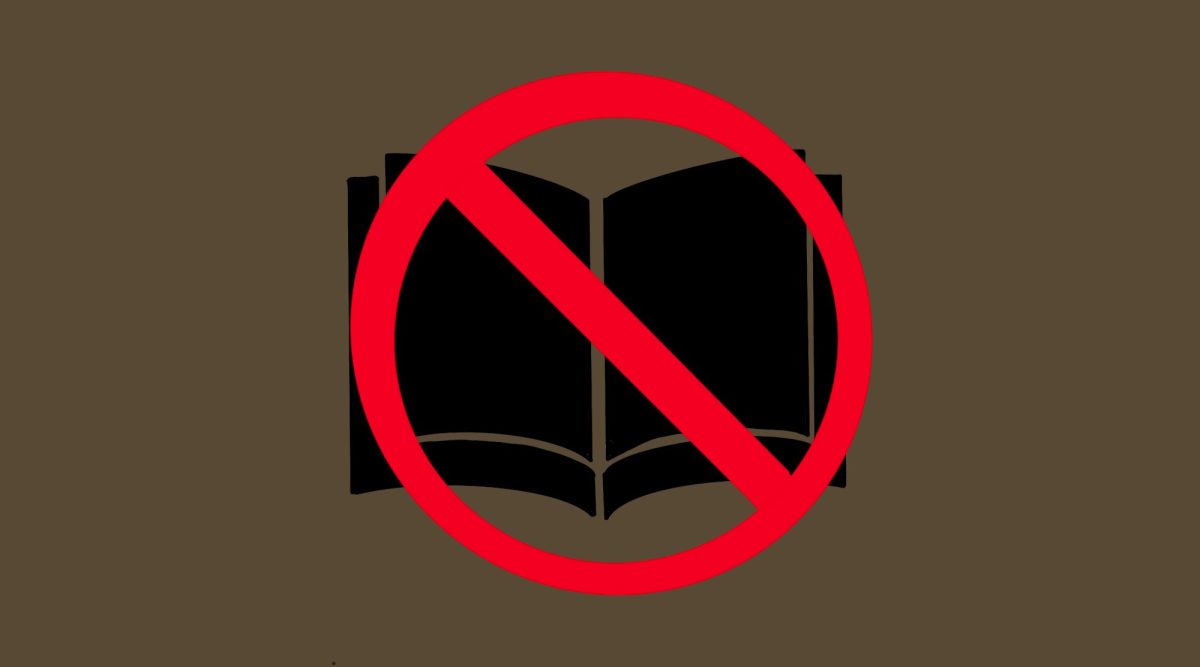
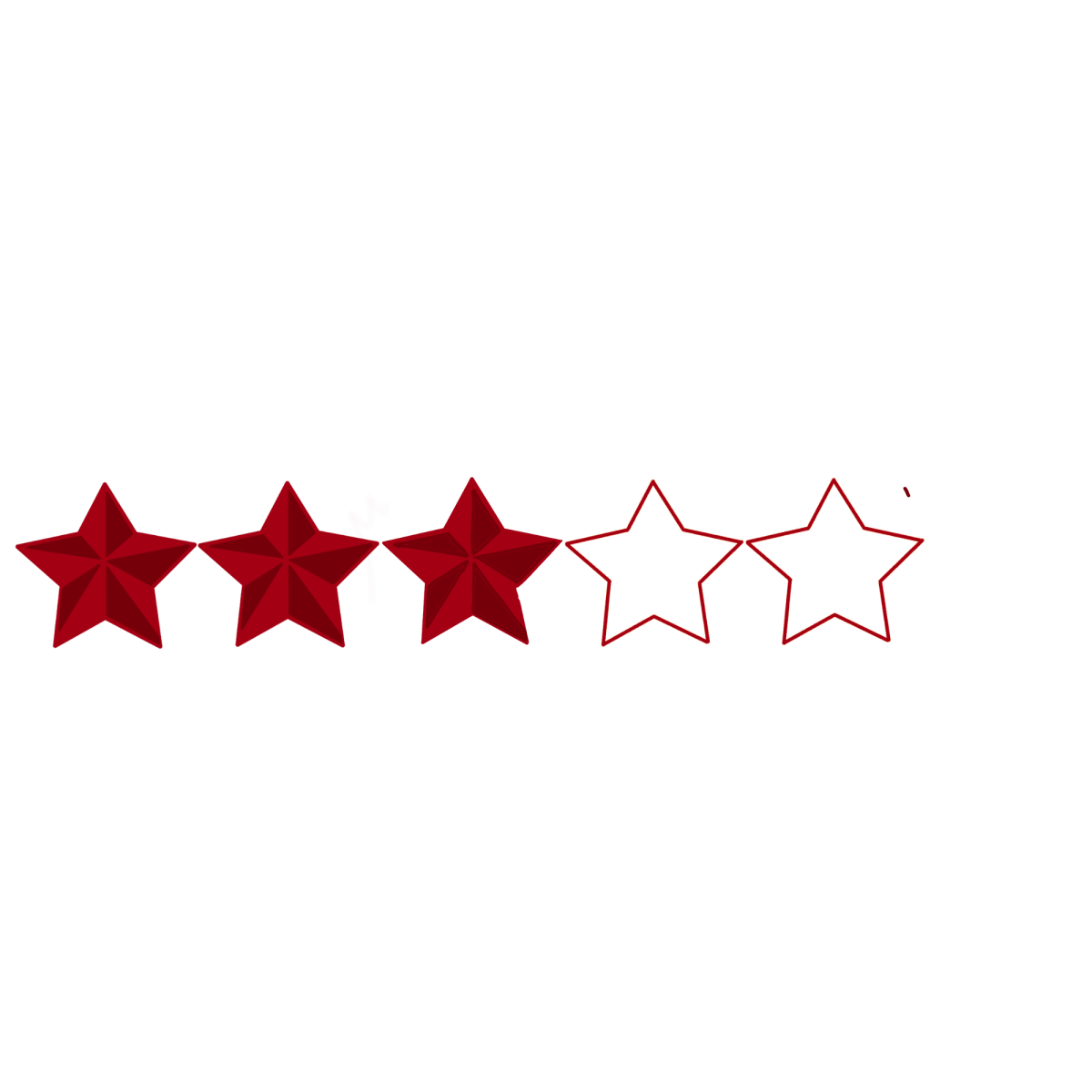
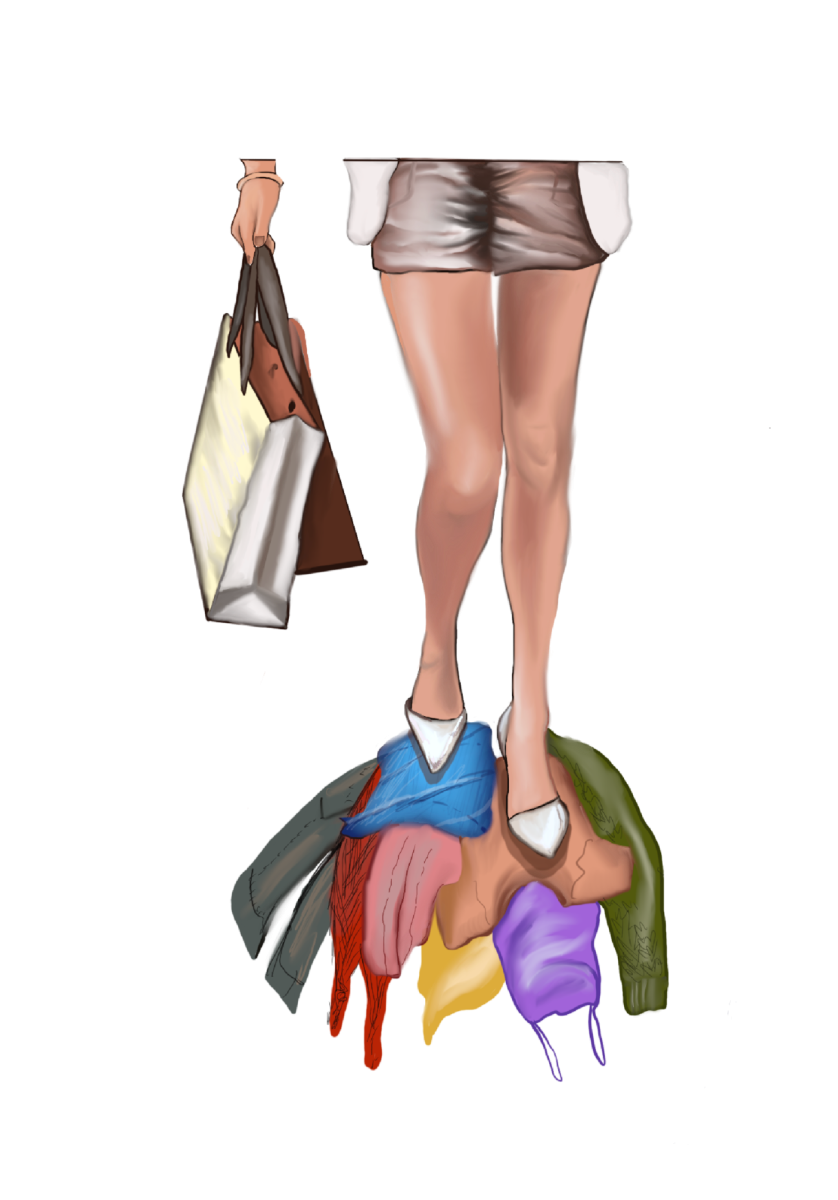

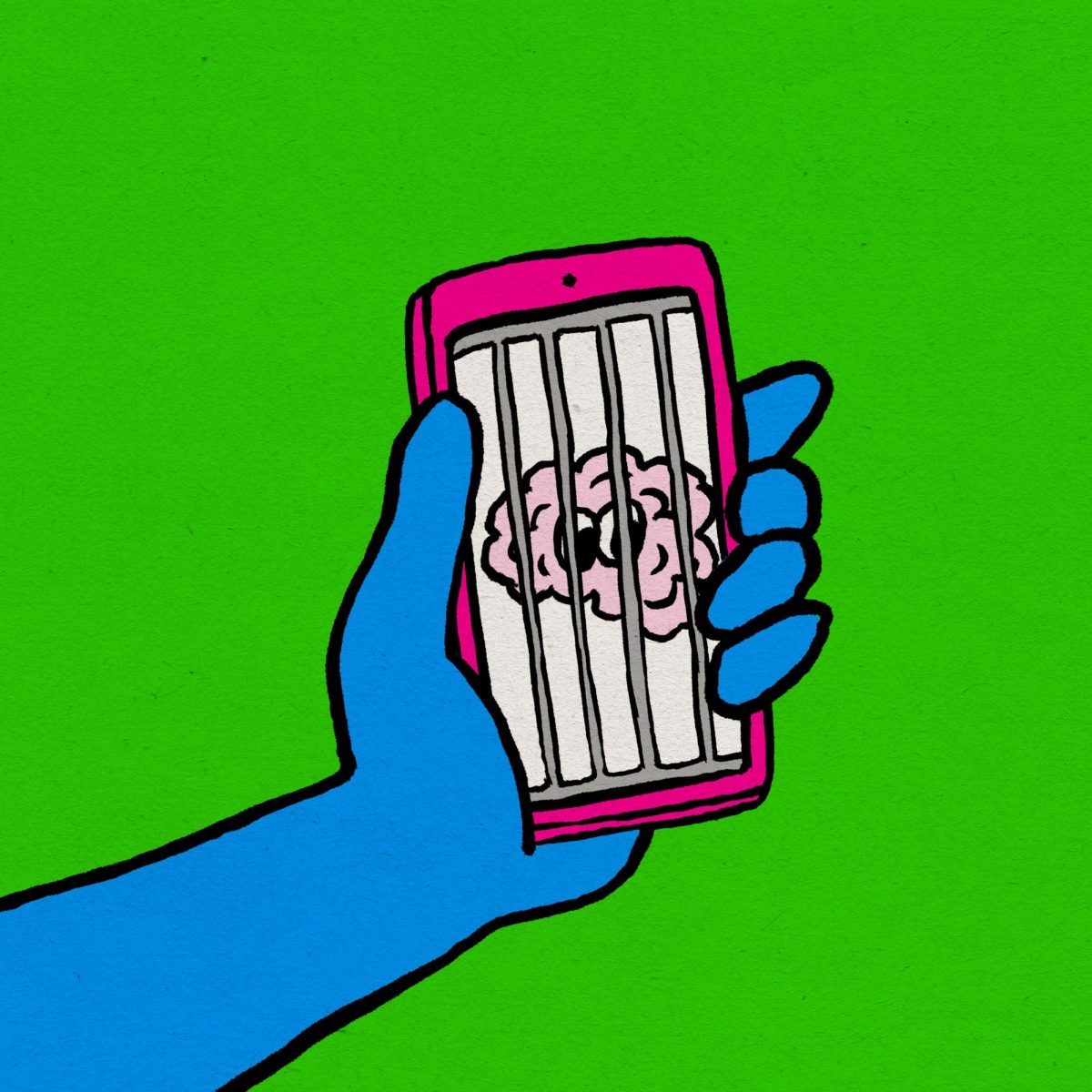
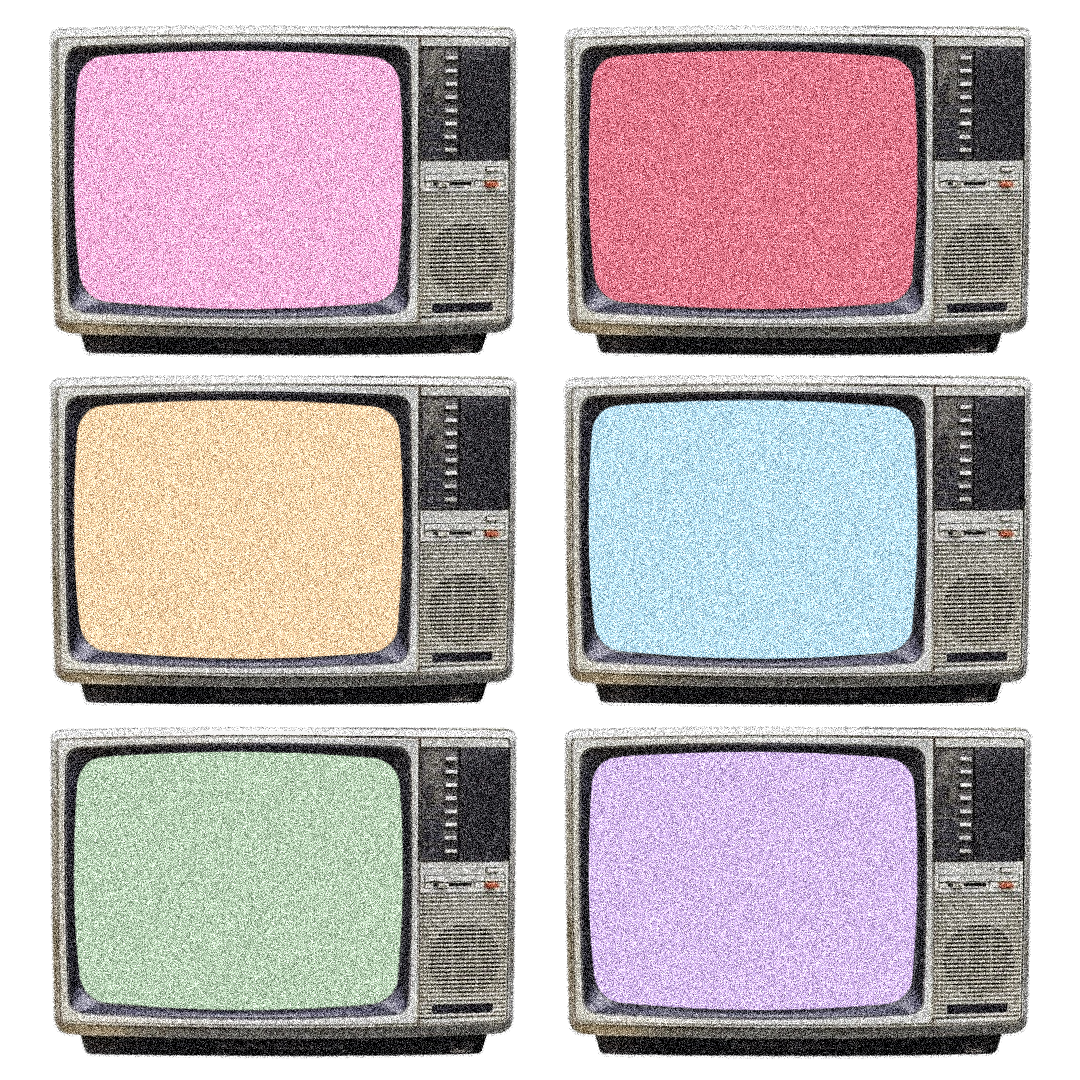


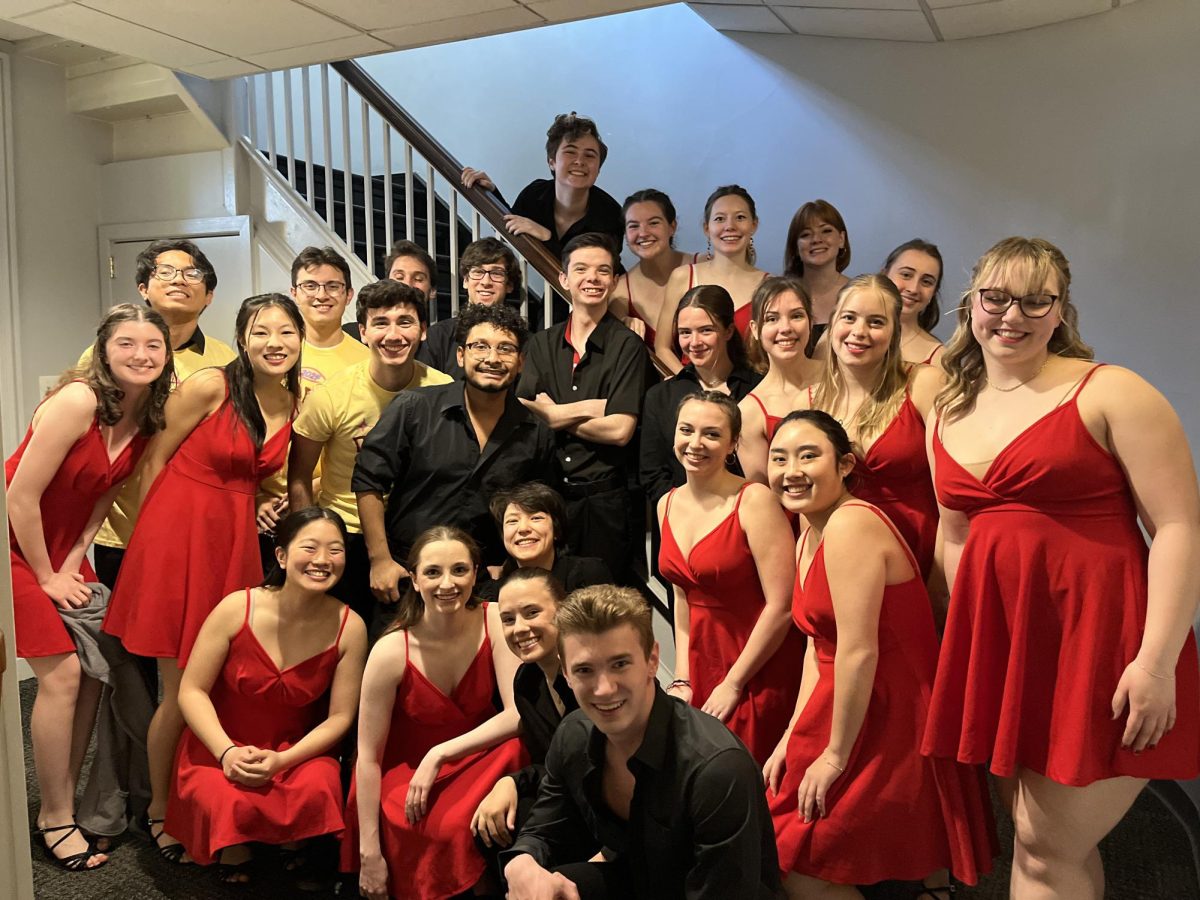

Alice C. Dames • Feb 29, 2024 at 4:50 pm
Yes! Every word of this. I did my very best to enjoy some of Colleen Hoover’s novels; but, I just could not ignore all of the red flags her male characters displayed before the female character got involved with him. Most healthy women—with the emphasis on healthy—would go running and screaming from any romantic partner that displayed these horrifying characteristics. Yet, Hoover’s male characters all seem to not only be given a pass, but glorified for being such despicable misfits. For that reason, alone, I cannot endorse her work.